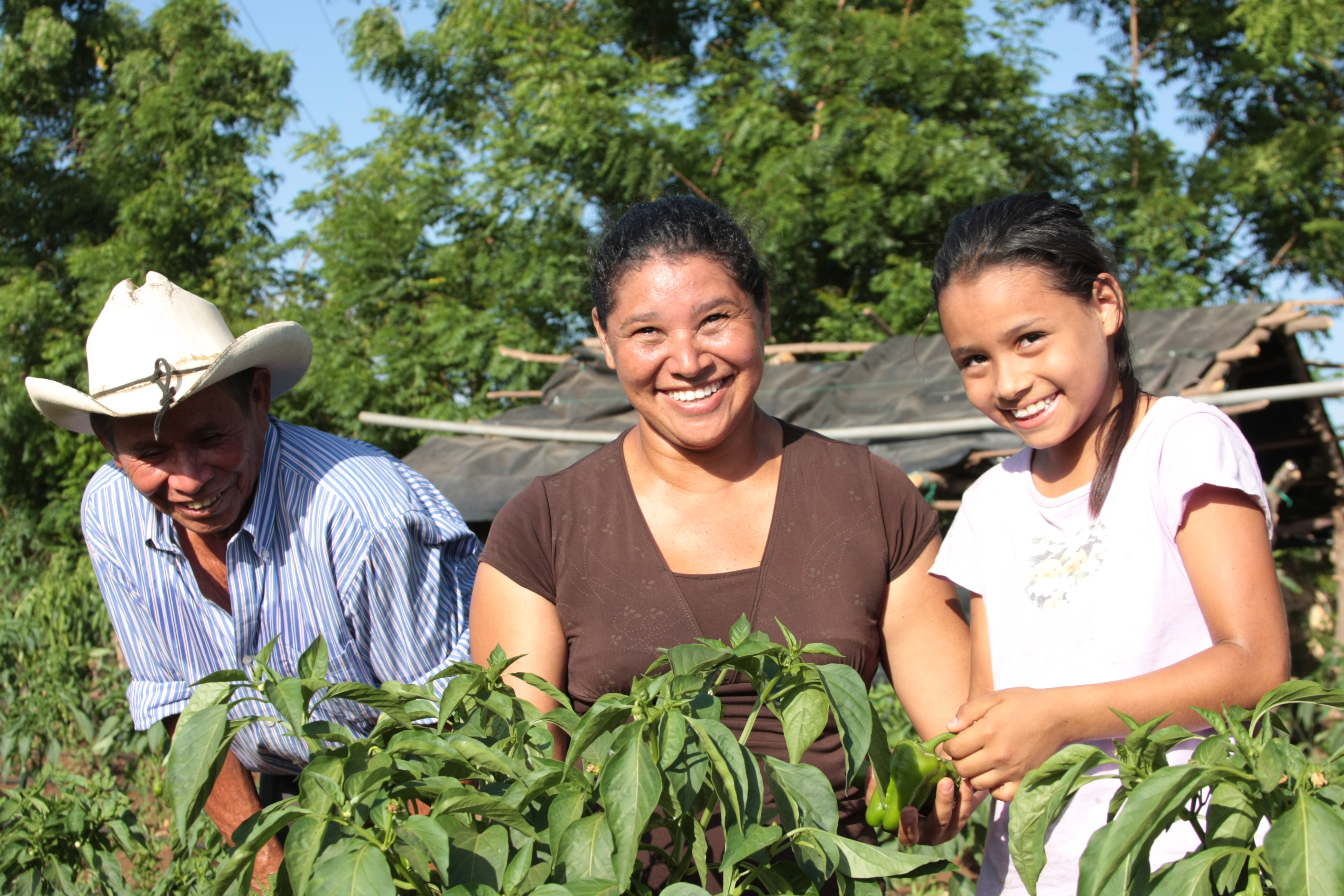Summary
The Roadmap to Formalization presents a case study providing evidence that feasible policy can be obtained through a multi-stakeholder process. This process was led by the Global Fairness Initiative under the Promoting Informal Labor Rights program (PILAR), a two-year project funded by the US Department of State to improve government capacity to collect data on the informal sector while developing strategies that encourage formalization. PILAR’s broad-based coalition of non-governmental organizations, unions, private sector and government representatives, advocacy groups, and religious organizations has worked together to bring forward their most pressing needs, as well as solutions to break the formality ceiling.
In Latin America, informality continues to represent on average over 50% of the economically active population, becoming the main vehicle for employment for the working poor, the majority of whom are women and girls. In Nicaragua alone, 7 out of 10 jobs are created in the informal economy, providing limited opportunity to millions of workers. To address the economic exclusion of informal workers and successfully incorporate them into national and international markets, the Roadmap presents a holistic approach to address informality within the Decent Work Agenda of the International Labor Organization (ILO). Most important, the Roadmap emphasizes the need to extend social safety nets to workers while expanding government’s taxation base for improved services.
In Latin America, informality continues to represent on average over 50% of the economically active population, becoming the main vehicle for employment for the working poor, the majority of whom are women and girls. In Nicaragua alone, 7 out of 10 jobs are created in the informal economy, providing limited opportunity to millions of workers. To address the economic exclusion of informal workers and successfully incorporate them into national and international markets, the Roadmap presents a holistic approach to address informality within the Decent Work Agenda of the International Labor Organization (ILO). Most important, the Roadmap emphasizes the need to extend social safety nets to workers while expanding government’s taxation base for improved services.

